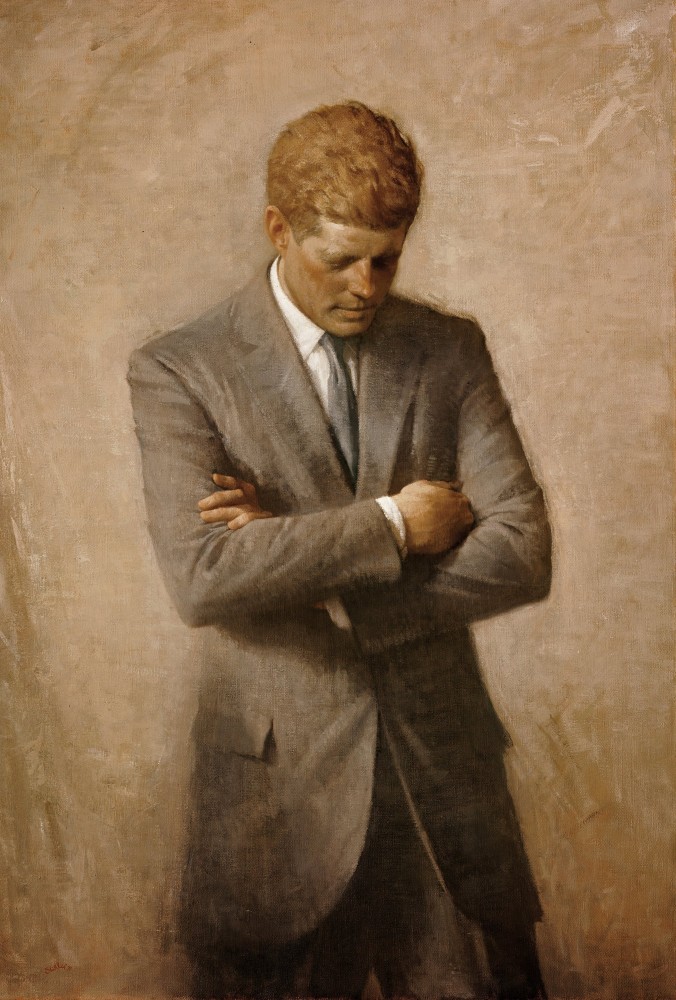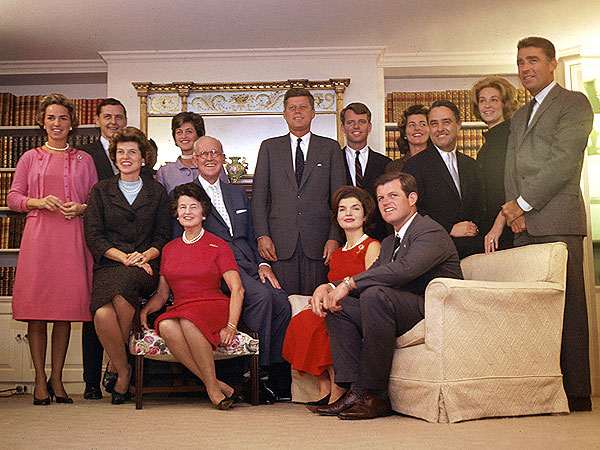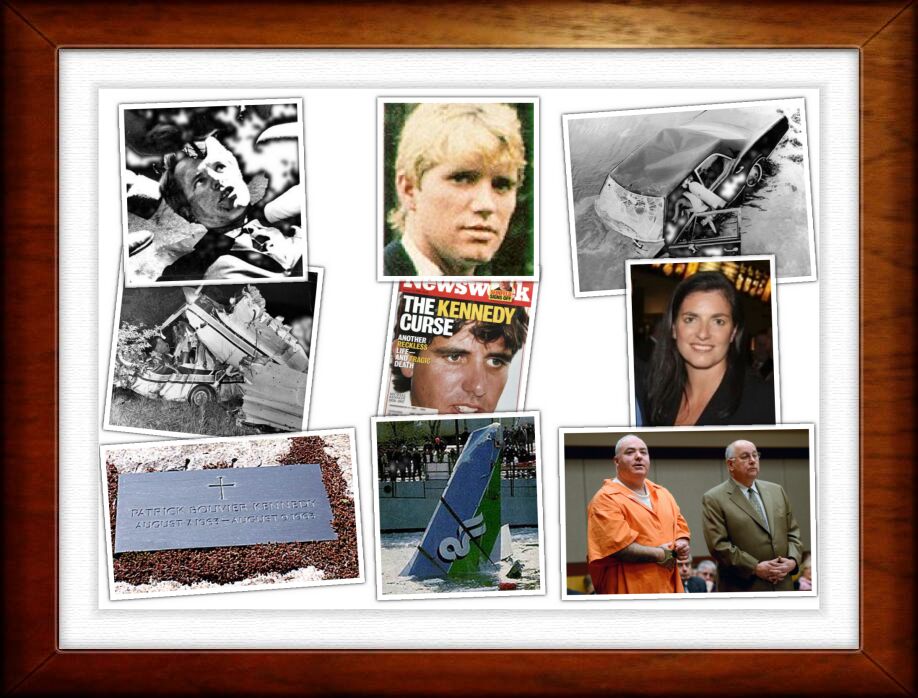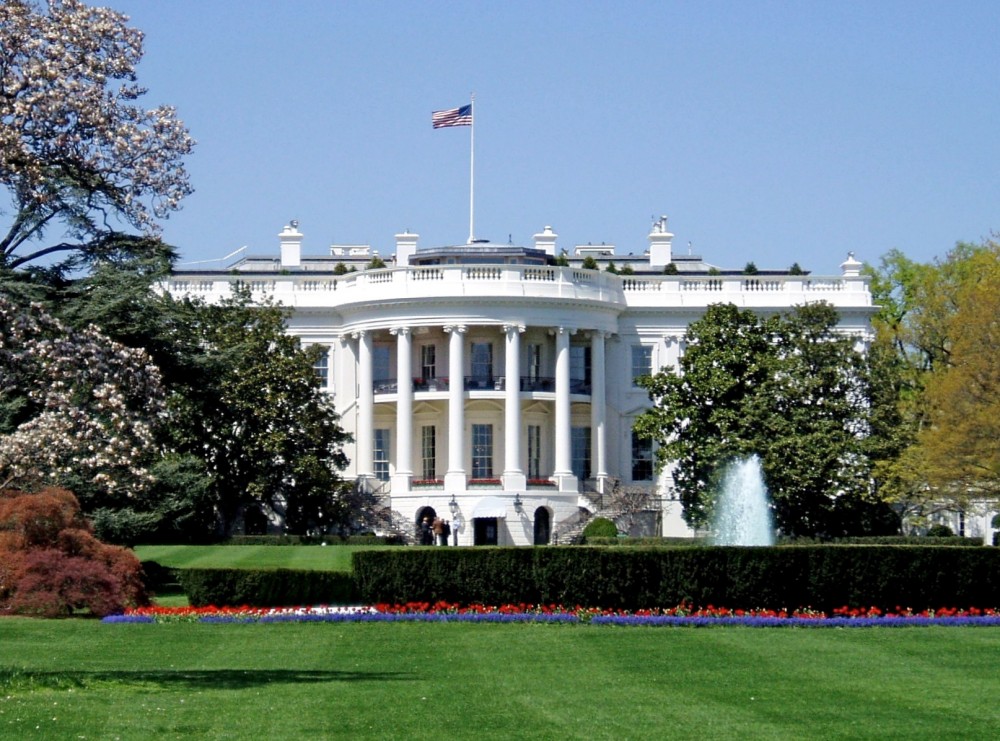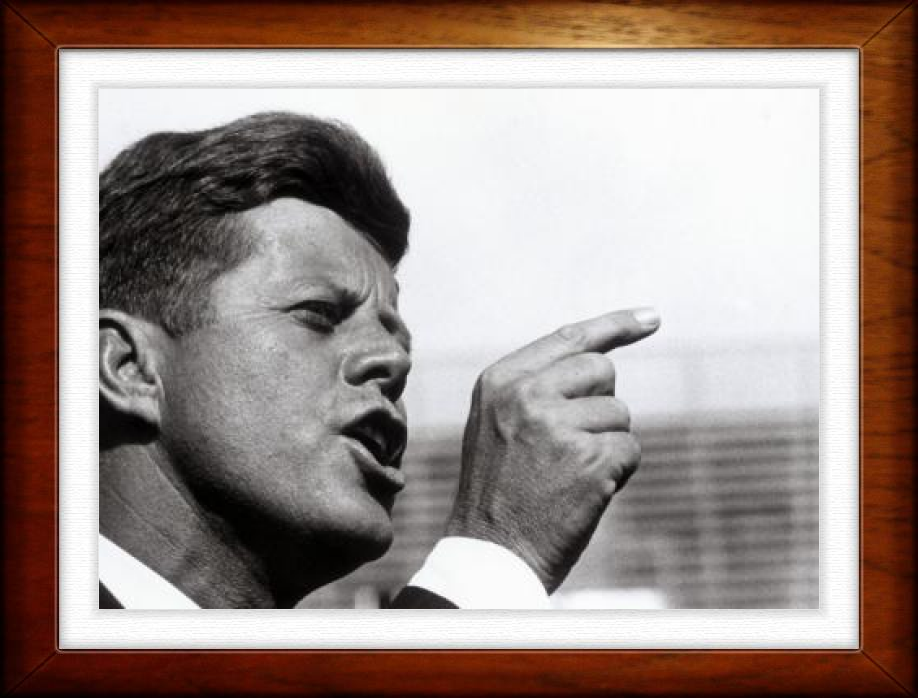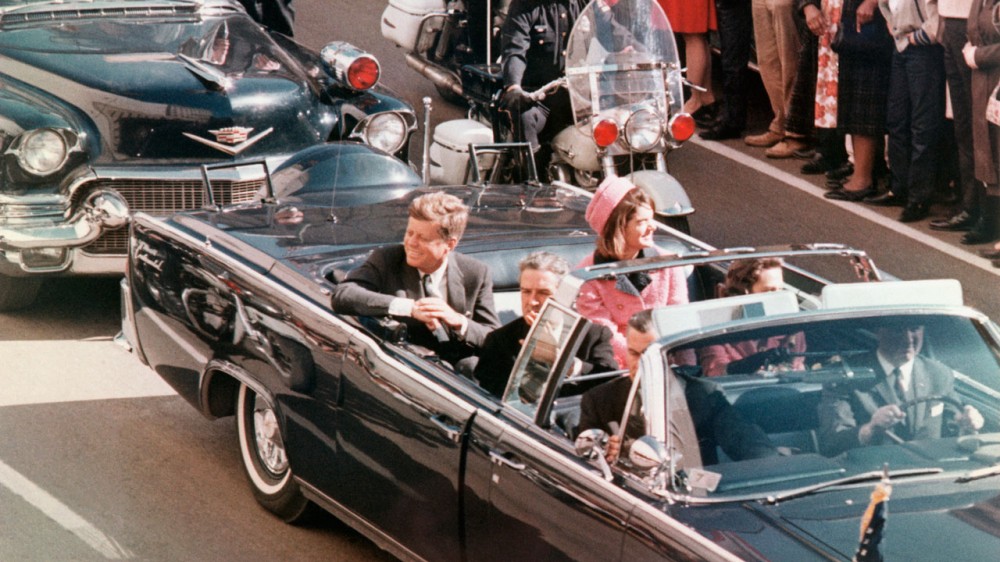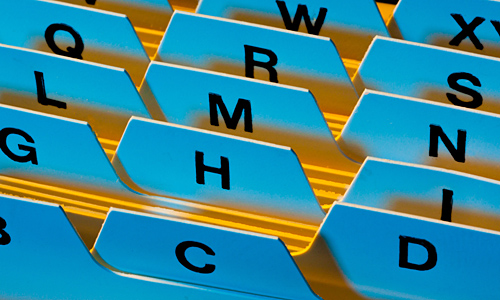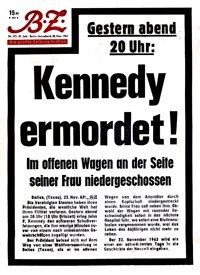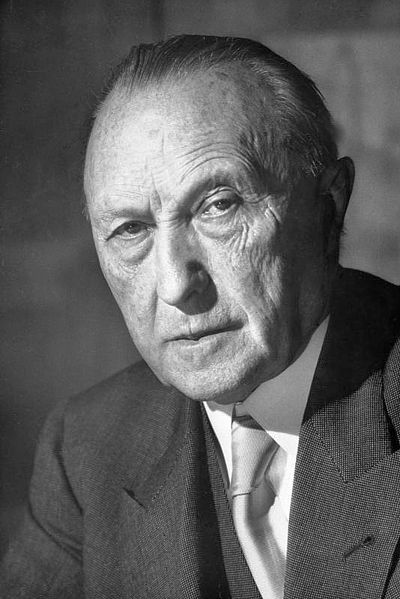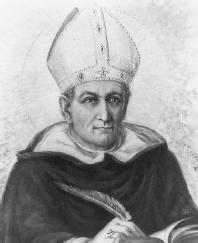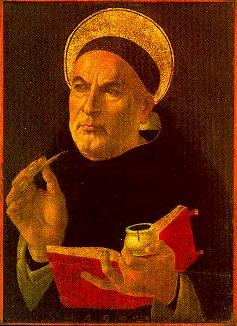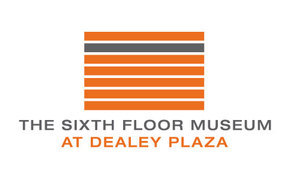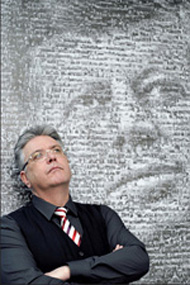Rathaus Köln | Diesen Artikel weiterempfehlen! |
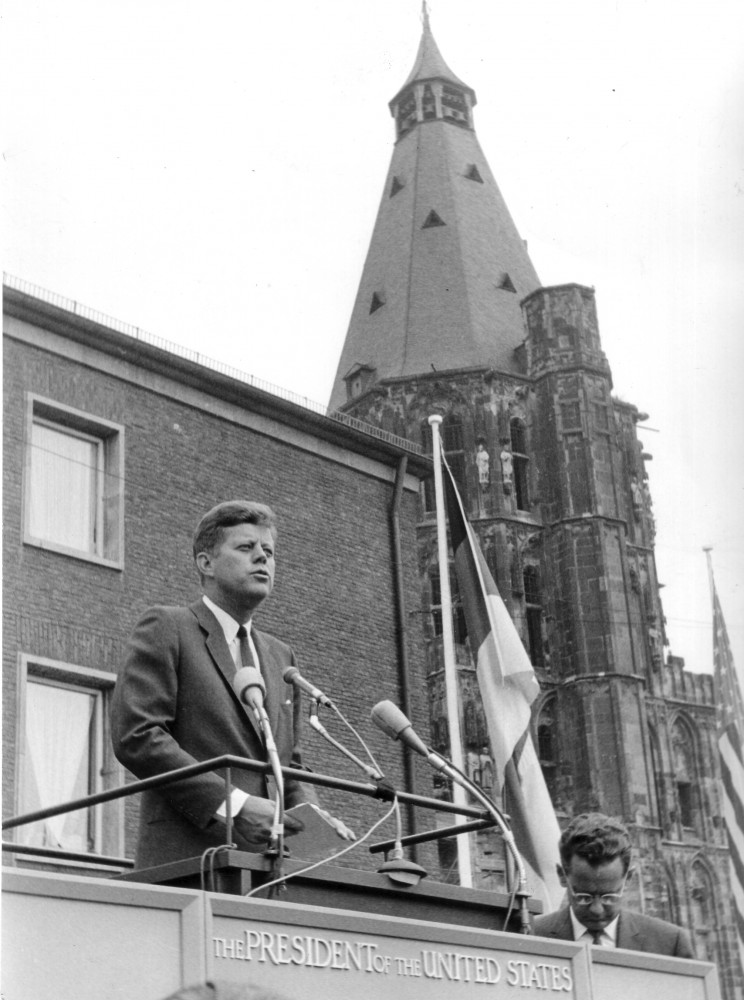 Rede vor dem Rathaus in Köln
Rede vor dem Rathaus in Köln Chancellor Adenauer, Lord Mayor, citizens of Cologne:
It is a pleasure and an honor to sign the Golden Book of this ancient city. I bring you greetings from the citizens of America, including the citizens of Cologne, Minn.; Cologne, N.J.; and even Cologne, Tex.
It is most appropriate that I come to this city which is so closely identified with the life and the work of your great Chancellor. It was here for many years, that he first practiced the art of statecraft which has served the West so well. I am told that the Adenauer name continues on active duty here in this city. In my own country it is sometimes said that there are too many Kennedys in American public life. But I am certain that no one has made that complaint here about the Adenauers in the City of Cologne.
It is also appropriate that I come to a city which has long been a window to the outside world. As a citizen of Boston, which takes pride in being the oldest city in the United States, I find it sobering to come to Cologne where the Romans marched when the Bostonians were in skins. Many of my educational roots were planted in Boston, but four years before Harvard University was founded, this was the city of Albertus Magnus, who taught St. Thomas Aquinas. For Cologne is not only an ancient German city, it is also an ancient European city, a city which, since Roman times, has played a special role in preserving Western culture, and Western religion, and Western civilization.
The problems of the Western world are, in many ways, different than they were 2000 years ago, but our obligations as citizens remain the same-to defend our common heritage from those who would divide and destroy it; to develop and enrich that heritage so that it is passed on to those who come after us. Your fellow citizen, Chancellor Adenauer, has fulfilled these obligations as a citizen of the West in full measure. And in keeping with the symbolic mosaic inside this building, he has worked for peace and freedom in this country, in all of Europe, and in all of the world. In this respect, he is true to the saying that the young student in Cologne would go to Paris to learn about life, to Holland to learn to count, and to Great Britain to become a tradesman.
It is in this spirit that I come to Cologne to see the best of the past, and the most promising of the future. May I greet you with the old Rhenish saying, "Koelle Alaaf." ♦
